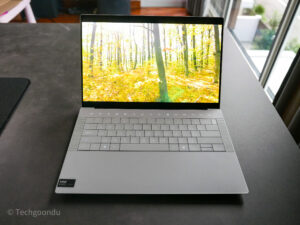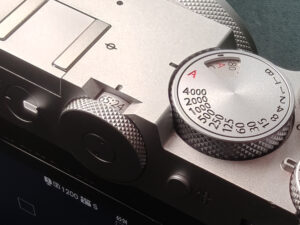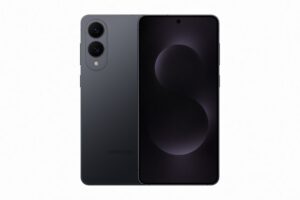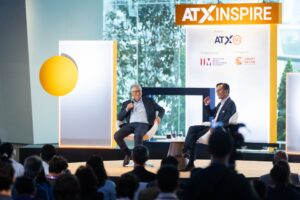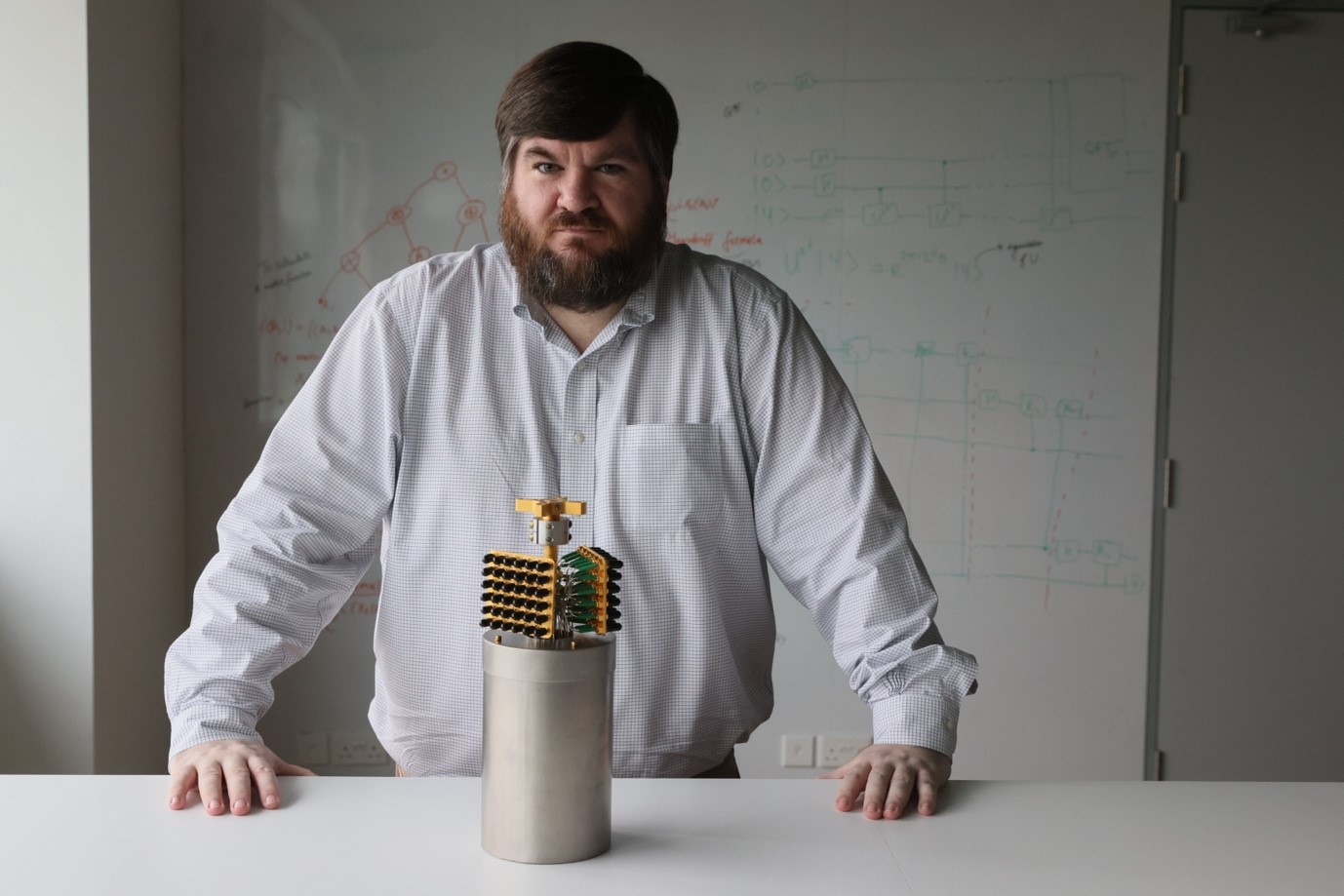
A Singapore-based startup, Horizon Quantum Computing, is building a cutting-edge quantum computer to test-drive software that it says will eventually be as easy to create and use as much of today’s computing programs.
By putting together delicate pieces of the quantum computer, including its processor and control units, it hopes to have full control over the hardware and software stacks to position itself as a technical lead in the nascent field.
Set up in 2018, Horizon is developing software that allows users to write programs in familiar classical languages without any knowledge in quantum computing. These programs can then be compiled and run on conventional or quantum computers.
The company will invest S$3 million in the testbed facility, which is being set up in its office in Mediapolis. The quantum computer, slated to be installed by early 2025, will give it a higher profile as one of the few pure-play quantum software companies running their own quantum computers.
Founder and chief executive, Dr Joe Fitzsimons, told Techgoondu: “We are building a ‘showroom system’ to integrate our software with quantum hardware to demonstrate what is possible and what can be achieved with tight integration.”
“This allows us to go through the learning process of how to operate quantum computers in a real world and how to run them reliably,” he added.
Direct hardware control offers a significant advantage. Horizon can bypass third-party systems and execute its code directly, maximising performance and learning opportunities.
This is a critical piece of Horizon’s vision as it seeks to enable quantum computing to be as easy as general computing, by using its software stack called Triple Alpha.
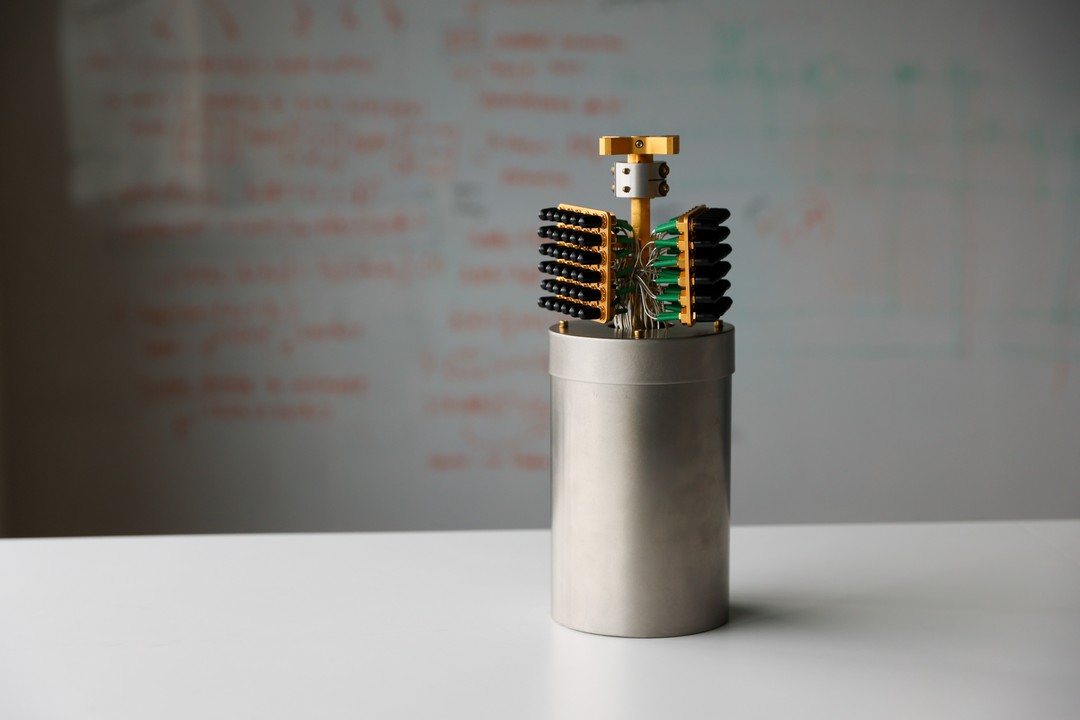
To build its quantum computer, Horizon is working with Rigetti Computing, which will supply its quantum processor called Novera; and Quantum Machines, which will be providing the control systems.
“Over time, we will upgrade the system and work with other partners,” said Dr Fitzsimons. “This multi-pronged approach allows us to rigorously test our software across diverse hardware and control systems.”
Setting up the testbed presents unique challenges. Quantum processors are very delicate and require ultra-low temperatures to function properly, typically close to absolute zero, which is -273.15 degrees Celsius.
Additional considerations include having specialised wiring connecting quantum processor to the refrigerator and connecting the control systems to Horizon’s systems.
Plus, it has to build extreme dampening measures to minimise vibration. Just as important is electromagnetic shielding around the walls and ground to block stray magnetic fields and radio waves from the environment.
“Recent advancements tell us that real quantum advantage is nearing,” said Dr Fitzsimons. “Our focus is on expanding our technical lead so that when the time comes, we are ready to capitalise on this transformative technology,”

